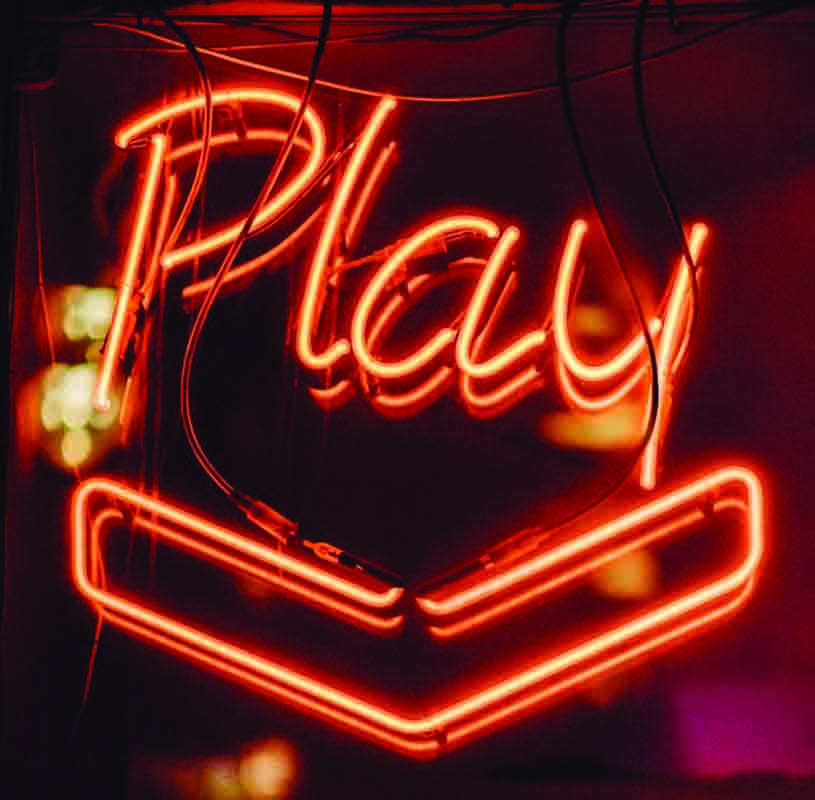I passed by a martial arts studio one day, peered inside and was shocked to see a recreation of the battle of David and Goliath, for there were two young boys in full headgear and pillowy boxing gloves sparring away like a couple of tousling puppies.
Now here’s the twist: one kid was the archetypal bully, towering six inches above his opponent and fortified with plenty of meat, while his opponent was the archetypal scrawny pipsqueak. It was a matchup straight out of Hollywood—and perhaps your most traumatic childhood memories—but there was the tiny one doing flying Superman punches and taking knocks on the head like it was just a game of tag. I found the little one’s courage astonishing, for not only was he fearless, but there was no anxious adult ego holding him back. He simply did what kids do when faced with any activity: he played.
Learning things through spontaneous play is a vital life energy of which kids are masters. In a cruel reversal, the more we mature in other aspects of life, the more we lose that golden key we had as children: the ability to learn and experiment in a judgment-free state of mind. When we take on new skills as adults, whether for work or play, we often succumb to paralysis by analysis, berating ourselves with self-criticism driven by an insecure ego terrified of how we must appear in the eyes of others and especially ourselves, since we are always our own toughest critics.
So-called “divine play” is the primary energy of the divine child archetype, the most important energy driving our early years. The Jungian psychologists and myth experts Robert Moore and Douglas Gillette have written, “The Divine Child within us is the source of life. It possesses magical, empowering qualities, and getting in touch with it produces an enormous sense of well-being, enthusiasm for life, and great peace and joy.” Losing touch with it, on the other hand, blinds us to the possibilities of life, so that “we are never going to seize opportunities for newness and freshness.”
In the Wisdom Tradition, the entire construction of reality, from the heavens to the Earth and all the humans who inhabit it, has been called one vast dream of the cosmos, and all of us merely materialized thought-forms living inside the dream. In Hinduism, the universe is called the cosmic dance of Shiva, an ever-changing tapestry of energies one can liken to creative play. So cast off self-conscious concern over outcome and play the game of life spontaneously. You’ll be in harmony with all this is and ever will be.






